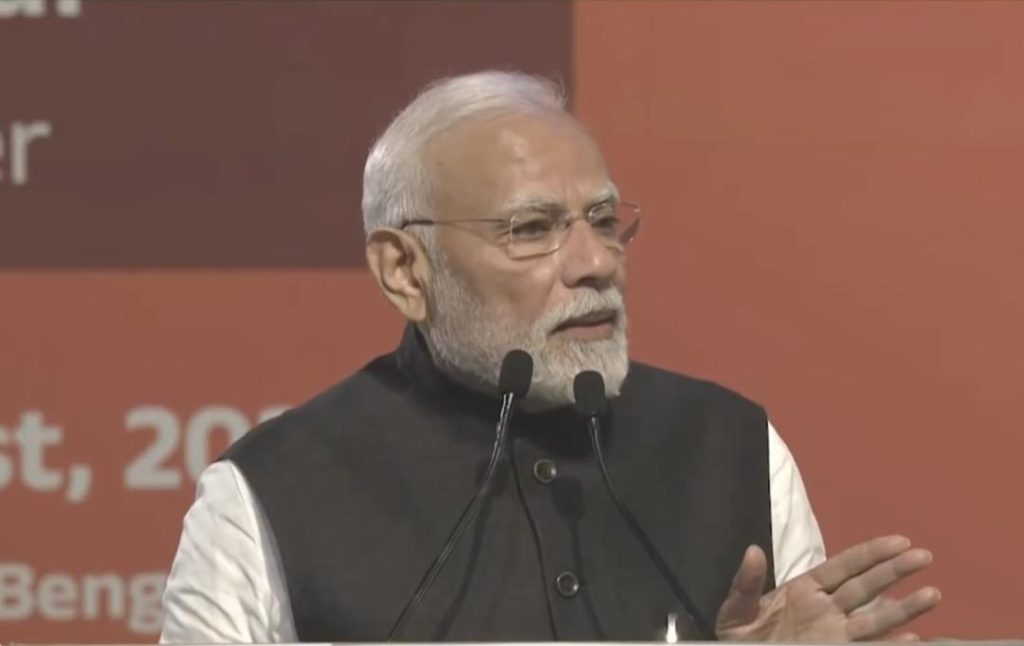
Bengaluru’s Yellow, Orange Metro lines to help 25 lakh people daily: PM
In a significant development for the city of Bengaluru, Prime Minister Narendra Modi recently inaugurated the Yellow Line of the Bengaluru Metro, connecting several important areas. The Prime Minister also laid the foundation stone for the Orange Line, which is expected to benefit a massive 25 lakh commuters daily. This significant expansion of the metro network is set to revolutionize the way people travel in Bengaluru, making it more convenient, efficient, and sustainable.
During the inauguration ceremony, the Prime Minister emphasized the importance of the Yellow Line, stating that it will connect many important areas and provide a seamless travel experience for commuters. The Yellow Line, which spans 23.6 kilometers, connects the Byappanahalli station in the north to the R.V. Road station in the south, passing through several key locations, including the IT corridor in Whitefield.
The Prime Minister also highlighted the significance of the Orange Line, which is expected to be completed by 2025. The Orange Line, which will stretch over 32 kilometers, will connect the Nagasandra station in the north to the Bommasandra station in the south, passing through several industrial areas, including the Electronics City.
The Orange Line is expected to benefit a massive 25 lakh commuters daily, making it one of the most significant expansions of the metro network in recent years. The Prime Minister acknowledged the contribution of companies like Infosys, Biocon, and Delta Electronics, which have part-funded the project through their corporate social responsibility (CSR) initiatives. He praised their CSR model, saying it was “inspirational.”
The Bengaluru Metro is a vital transportation system for the city, which is home to over 12 million people. With the expansion of the metro network, commuters can expect a more efficient and reliable mode of transportation, reducing congestion on the roads and minimizing pollution. The metro system is also expected to boost economic growth, making it easier for people to move around the city and access employment opportunities.
The Bengaluru Metro is a joint venture between the Government of Karnataka, the Government of India, and the Bangalore Metro Rail Corporation Limited (BMRCL). The project has been implemented at a cost of over Rs. 21,000 crores, with the Government of India contributing Rs. 10,000 crores and the Government of Karnataka contributing Rs. 5,000 crores.
The expansion of the Bengaluru Metro is a testament to the government’s commitment to improving infrastructure and providing better living conditions for citizens. The metro system is expected to play a crucial role in reducing traffic congestion, improving air quality, and promoting sustainable transportation options.
In conclusion, the inauguration of the Yellow Line and the laying of the foundation stone for the Orange Line are significant milestones in the development of the Bengaluru Metro. The project is expected to benefit millions of commuters daily, making it easier for people to move around the city and access employment opportunities. The contribution of companies like Infosys, Biocon, and Delta Electronics through their CSR initiatives is also commendable and sets a great example for other companies to follow.






